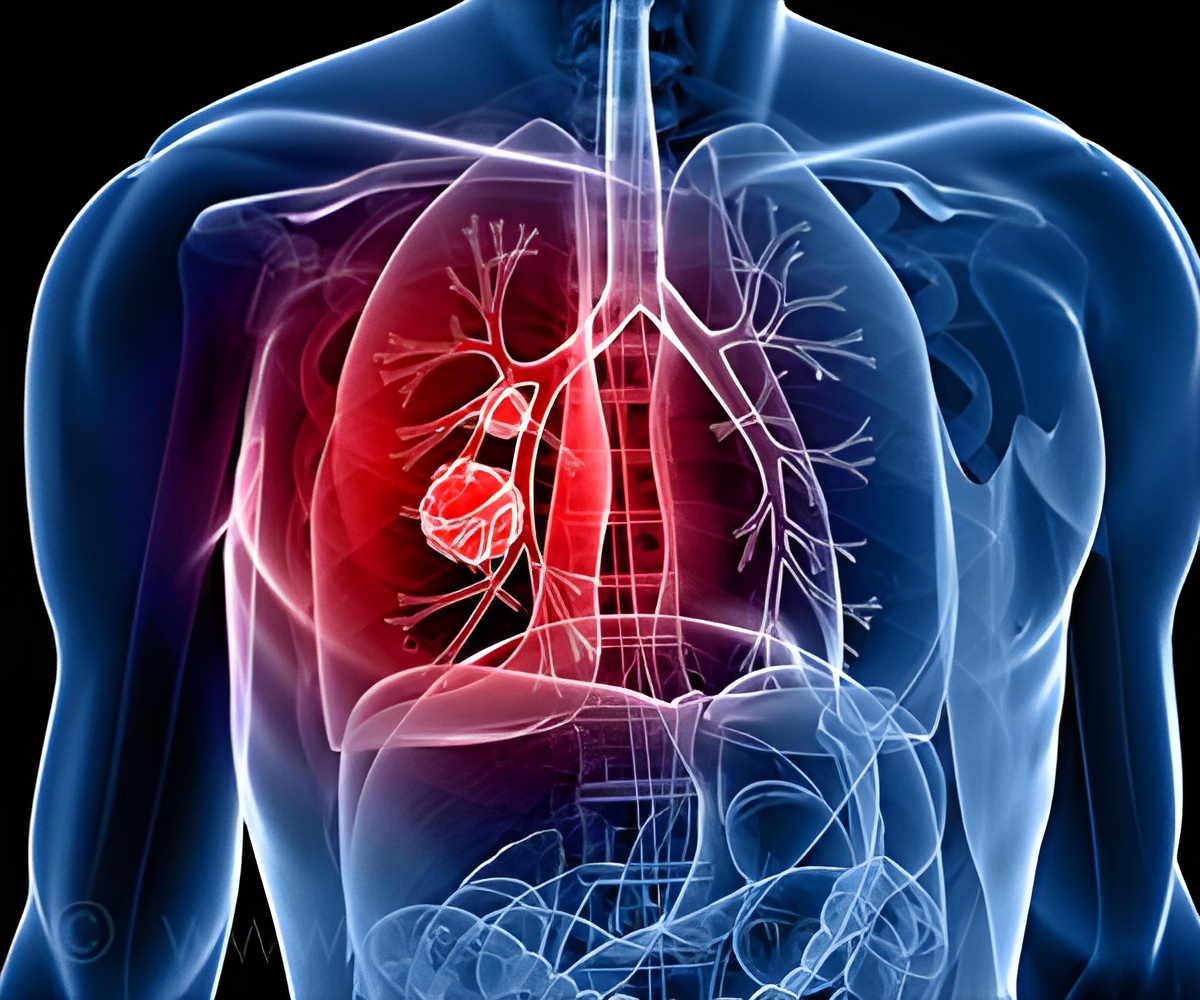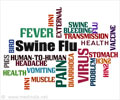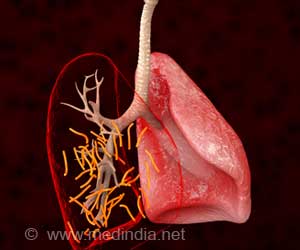Alveolar macrophages effectively produce interferons when infected with known viruses, such as influenza and SARS-CoV-2 virus - the virus that produces COVID-19.

‘SARS-CoV-2 virus the virus that results in COVID-19 may hide its genomic material from being recognized in the alveolar macrophages, thereby not inducing the production of interferons.’





When the body recognizes a viral infection, our immune system initiate the production of interferons. Interferons are a group of cytokines that help shape the immune response and are therefore essential in the fight against a viral infection. Alveolar macrophages have previously been shown to produce large amounts of interferons upon infection with respiratory viruses, such as influenza. SARS-CoV-2 is a respiratory virus that typically infects the outermost cell layer of the lungs, the epithelial layer. New research has shown that interferon production in the infected epithelial cells can be inhibited by the SARS-CoV-2 virus.
This results in low interferon production and therefore also a limited activation of the immune system to fight against the virus. Although the epithelial layer is the target of the virus, it must be assumed that the first cell type the virus encounters is the alveolar macrophages, and therefore these cells are important for how quickly an immune response to a SARS-CoV-2 infection can be initiated.
Therefore, a team of researchers from Aarhus University and Aarhus University Hospital in Denmark set out to investigate how these important cells react to the SARS-CoV-2 virus. To answer this, they isolated the alveolar macrophages from lung lavage and examined the activation of the immune system in these cells when they encounter the SARS-CoV-2 virus.
The SARS-CoV-2 virus can hide its genome from being recognized
Advertisement
This is why there will be no activation of the immune system in the early stages of a SARS-CoV-2 infection, allowing the virus to spread further in the community before symptoms occur. However, more research is needed to understand how SARS-CoV-2 can avoid being recognized by the immune system.
Advertisement















